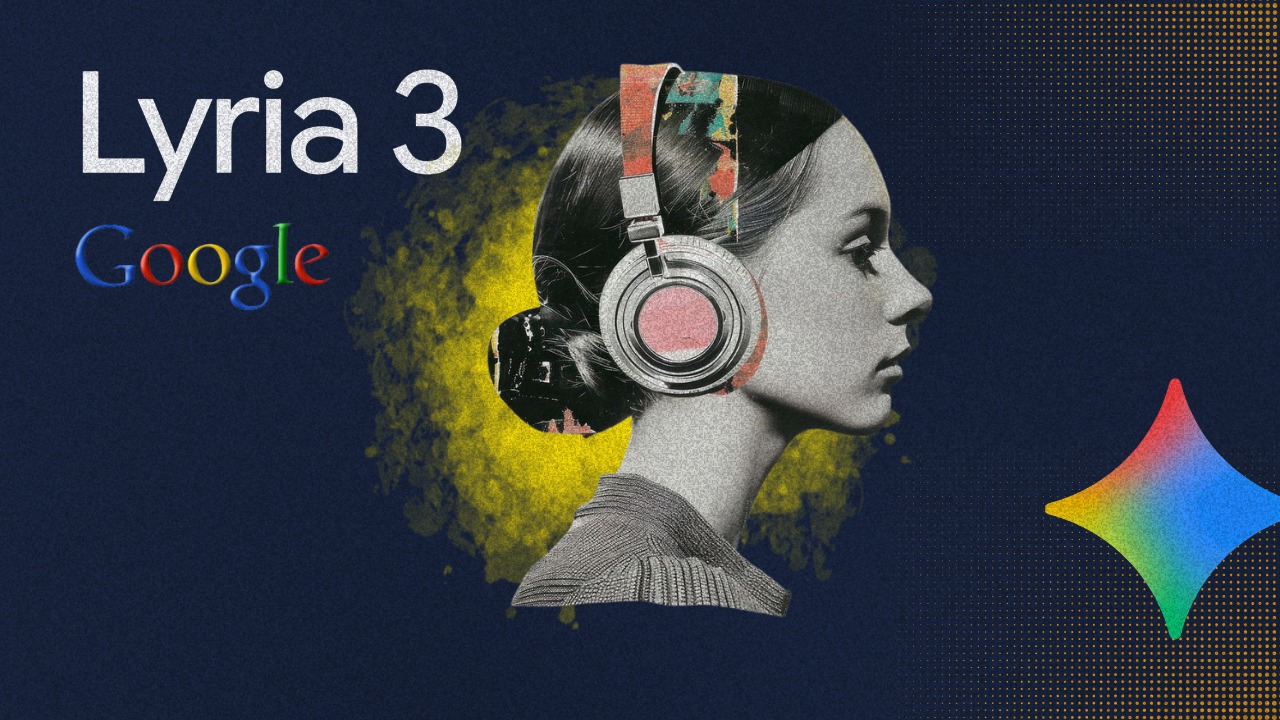
Welcome, Humans!
Ready for your daily dose of AI chaos? I’ve rounded up Today’s Top AI Headlines for those who like to stay ahead – and for the curious, I’ve got some eyebrow-raising stories Beyond the Headlines. Let’s dive in.
In a Nutshell:
Gemini 3 tops AI model leaderboard
Grok 4.1 gets more emotionally intelligent
Microsoft builds “Agentic” OS with new copilots
Japan simulates entire galaxy with AI boost
Hugging Face calls out LLM hype spiral
🚀Today’s Top AI Headlines:

Gemini 3 Declared World’s Most Powerful AI: Google has officially launched Gemini 3, now considered the most powerful AI model available globally. The model is rolling out across AI Mode, the Gemini app, and Google’s suite of developer products, bringing dramatic upgrades in reasoning, interactivity, and multimodal understanding. Early testers report that Gemini 3 handles complex logic tasks with improved consistency, generates more structured and professional outputs, and offers deeper, step-by-step explanations.
A standout feature is its ability to produce rich visualizations, including charts, diagrams, and dynamic layouts that adapt to user prompts, making it a strong tool for researchers, students, and professionals. Gemini 3 also introduces enhanced “agentic behaviors,” enabling the model to execute sequences of tasks, navigate interfaces, and refine outputs based on user feedback. Google says the model was trained for better transparency and safety, including stronger guardrails around misinformation, harmful content, and hallucination reduction. Developers can now integrate Gemini 3 across APIs, Android apps, and web tools, with improved token capacity for long-form reasoning and document processing. The launch marks Google’s biggest push yet in the AI race, positioning Gemini 3 as a direct competitor to GPT-5.1, Claude 3.7, and Grok 4.1, with an emphasis on interactive intelligence rather than static text generation.
Source: Google
🤖 Robi: “All hail the new king, until next quarter’s slightly-better-but-still-beta upgrade.”
Grok 4.1 Is Here to Charm and Converse: xAI has launched Grok 4.1, the newest version of its conversational AI model, bringing enhanced emotional intelligence, smoother dialogue, and greater coherence in personality. While previous versions emphasized reasoning and speed, Grok 4.1 focuses on feeling more perceptive, natural, and human-like in everyday conversation.
According to xAI, Grok 4.1 “better understands nuanced intent,” allowing the model to respond more empathetically, adjust tone more accurately, and maintain conversational flow even in complex or sensitive discussions. The personality system has also been redesigned to feel more consistent across long chats, giving users a smoother, more engaging interaction experience.
Despite the conversational improvements, Grok 4.1 still maintains the strong reasoning capabilities introduced in the Grok 4 series, including improved coding, analysis, multi-step logic, and recall. It’s now available on both iOS and Android within the X app ecosystem. The release continues xAI’s push to compete with ChatGPT, Gemini, and Claude by positioning Grok as the “witty but intelligent” alternative, a model designed to be both capable and fun to talk to.
Source: Grok🤖 Robi: “Finally, a chatbot that understands your existential dread and your typos.’’
Microsoft Unveils “Agentic OS” for AI Everything: At Microsoft Ignite, the company announced a sweeping transformation of Windows into an Agentic Operating System, reshaping how users interact with their devices. The shift centers on Agent 365, a new governance platform designed to help organizations monitor, control, and deploy AI agents responsibly across their workflows. Microsoft also unveiled new AI agents built directly into Word, Excel, PowerPoint, Teams, and even the Windows 11 taskbar. These agents can automate complex tasks, summarize documents, generate workflows, draft presentations, analyze spreadsheets, and coordinate discussions, all while learning from user habits and organizational data. The features are available through Frontier, Microsoft’s early-access program for cutting-edge AI capabilities. The company said these tools represent the future of Windows: a system where apps work together through conversational commands and background automation rather than manual clicks. Analysts say Microsoft’s “Agentic OS” vision mirrors broader industry trends toward autonomous digital workers and AI-driven productivity. With Windows still powering over a billion devices, the shift could redefine enterprise workflows and push AI deeper into day-to-day computing than ever before.
Source: Microsoft🤖 Robi: “Somewhere Clippy just powered up like a Marvel origin story.”
🔍Beyond the Headlines:
Japan Simulates Milky Way with AI Shortcuts: Japan has achieved a breakthrough in astrophysics by running the first-ever full simulation of the Milky Way, successfully modeling more than 100 billion stars. The challenge was that events like supernova explosions usually slow simulations drastically. To solve this, researchers trained an AI model to predict post-explosion behavior instead of calculating every physical detail. This shortcut made the system 100× faster, reducing decades of computation to just months. Scientists say the technique could revolutionize not only space research but also climate modeling, fusion physics, and any field requiring massive-scale simulations.
Source: EuroNews🤖 Robi: “Galaxy-scale physics in months? Great, now simulate my inbox.’’
Hugging Face CEO Warns of “LLM Bubble”: Mozilla is introducing AI Window, a new AI-augmented browsing experience inside Firefox. The feature includes an integrated AI assistant and chatbot designed to help users summarize pages, extract insights, write content, and automate routine browser tasks. Unlike many competitors, Mozilla emphasizes privacy, promising on-device or privacy-preserving processing for sensitive queries. AI Window marks Mozilla’s attempt to re-establish Firefox as an innovation leader by bringing intelligence directly into the browser, without the data trade-offs seen in other AI tools.
Source: TechCrunch
🤖Robi: “Finally, someone said it: not every problem needs a 70B-parameter solution.”
🤖Prompt of the Day:
Strategic Workforce Planning Framework
Prompt: You are an HR strategy consultant specializing in long-term workforce optimization. Your task is to create a strategic workforce planning framework for a [company size/type] with roles across [departments/regions].
Your framework should include: (1) talent demand forecasting, (2) skills gap and competency analysis, (3) recruitment and pipeline strategies, (4) reskilling/upskilling programs, (5) workforce mobility and succession plans, and (6) KPIs such as skill coverage rate, hiring efficiency, and workforce readiness score.
🤖AI Tools You Didn’t Know You Needed:
Problem: Most apps are designed for the masses, giving us one-size-fits-all experiences. Personalized, context-aware software is still rare and hard to build.
AI Solution: Wabi AI makes software personal: it transforms prompts into mini-apps that reflect you, your habits, your context, your life. These are remixable, shareable, and tailored, not generic chatbots.
AI Tool: Wabi AI is a “personal software platform” where you can create, remix and share screen-first mini-apps from simple prompts. It’s like turning software creation into social building: templates + UI + your context = tools made for you.
Helpful Features
Prompt-to-App Builder: Turn any idea into a mini-app instantly.
Remix Templates: Customize community-made apps in seconds.
Context-Aware: Apps adapt to your preferences and routines.
Screen-First UI: Build tools that feel like real apps, not chats.
Share & Discover: Publish your apps and explore others’ creations.

⚡ Robi’s Hot Take on X






